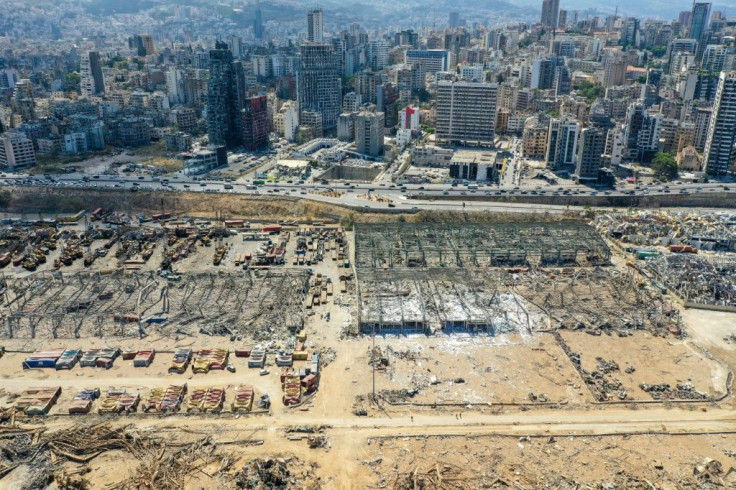World Health Organization Seeks $76 Million In Aid For Lebanon Following Beirut Explosion

The World Health Organization (WHO) said Wednesday that it is seeking $76 million in humanitarian aid for Lebanon following a recent explosion in the country’s capital, Beirut. The blast at Beirut’s port area on Aug. 4 killed more than 200 people and wounded 6,000.
“A week after the blast, the World Health Organization is still concerned about the health and wellbeing of people who were injured, lost loved ones, or became homeless, and it’s expected (that) recovery from the psychological pain from the blast will last much longer,” WHO Director of Programme Management Rana Hajjeh said.
“In particular, we are concerned about the return of COVID-19 in Lebanon. We have launched an appeal for $76 million, and ask the international community to support the Lebanese people and show solidarity with them in every way possible,” she said.
The explosion has reportedly put three Lebanese hospitals out of operation, according to the WHO. This has resulted in 500-600 fewer hospital beds, as the nation grapples with the ongoing COVID-19 pandemic.
On Tuesday, Lebanon registered a record daily figure of over 300 COVID-19 cases and seven deaths. Lebanon now has 7,121 total cases according to Health Ministry statistics, with the country’s total domestic death toll from the virus standing at 87.
A recent United Nations report said the blast caused COVID-19 restrictions to be relaxed.
“The emergency in Beirut has caused many COVID-19 precautionary measures to be relaxed, raising the prospects of even higher transmission rates and a large caseload in coming weeks,” the U.N. Office for the Coordination of Humanitarian Affairs (OCHA) said in a report on Monday.
The pandemic, along with the recent explosion, could further exacerbate Lebanon’s poor economic situation. The country’s unemployment rate has hovered around 25% and the national currency, the Lebanese pound, has lost 80% of its value since October. The prices of basic necessities such as meat and bread have increased, with the country also dealing with frequent power outages.
© Copyright IBTimes 2025. All rights reserved.





















